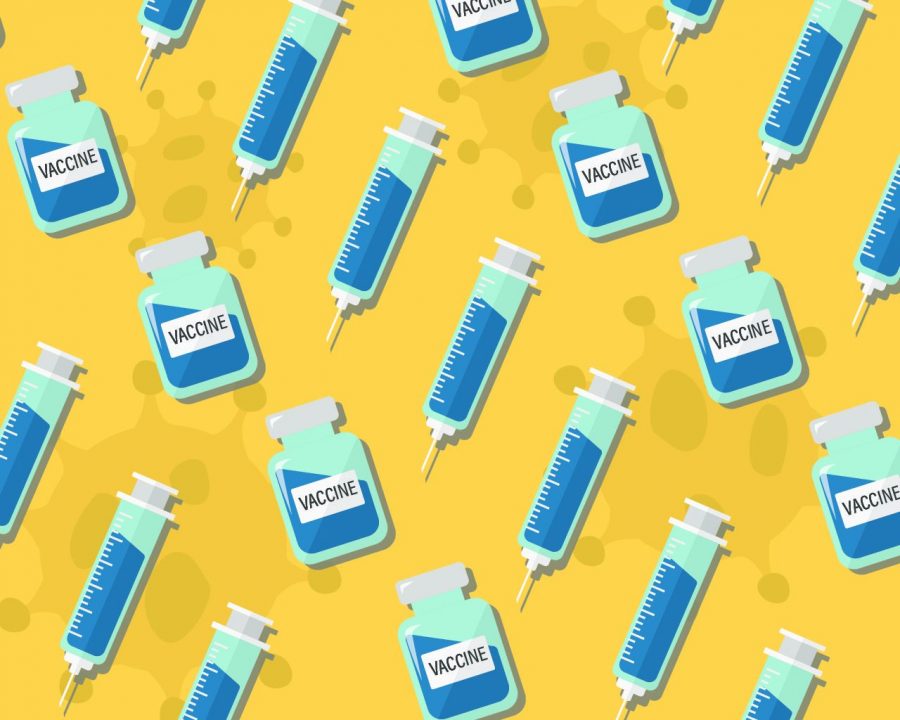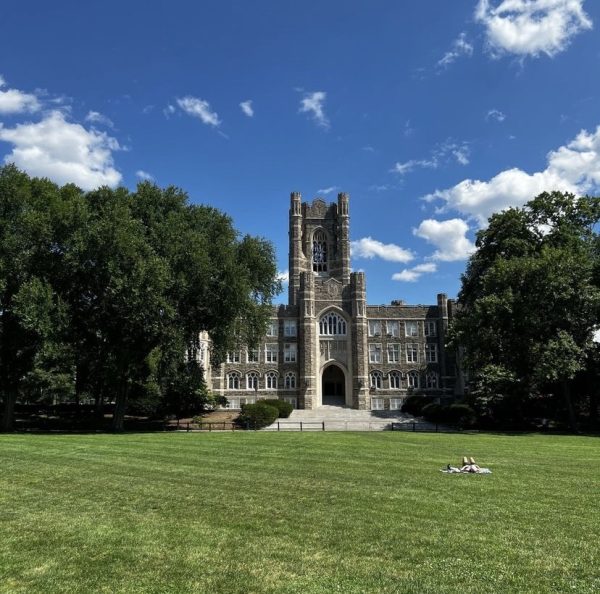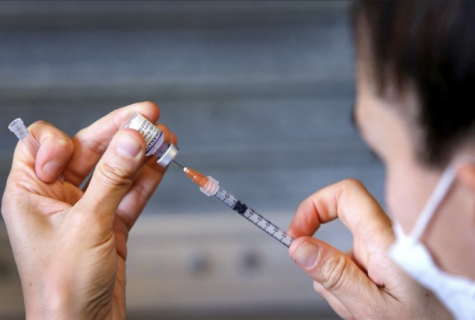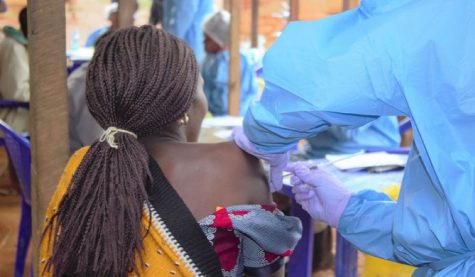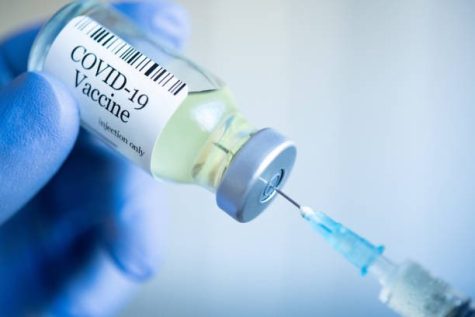To Boost or Not to Boost?
Since the start of the pandemic, it has been clear that vaccines provide hope of preventing severe infection and hospitalization due to COVID-19. Since Pfizer and Moderna’s rollout in December 2020, followed by Johnson and Johnson’s vaccine in February 2021, over 379 million doses have been administered in the United States. New data is emerging regarding the necessity of vaccine boosters for the general public, and although scientists conclude that it is not needed right now, it is still important to consider booster distribution for when the time comes.
While vaccine boosters may seem like a great idea for all people, we must confront many ethical questions about their distribution: Who should get them first? What about countries that still do not have enough doses for the first two shots? These questions and more are factors behind the hesitancy of rolling out widespread vaccine boosters.
We also should consider the rampant vaccine hesitancy that still pervades society. While vaccine mandates are being enforced, such as the latest mandate for children over 12 years of age in Los Angeles schools, we need to start focusing on vaccine education. Fears over side effects and the legitimacy of the clinical trials, as well as misinformation from the media, can drive people away from getting vaccinated. For these reasons, we should focus on implementing vaccine boosters — a type of nanopharmaceutical intervention — alongside education programs to combat the misinformation about vaccines.
Eric Topol, director of the Scripps Research Translational Institute, says that vaccine boosters should not be given to all Americans until further data is compiled. He continues to state that the immunocompromised, people over 60, and healthcare workers should be the only people allowed to get the third dose.
Data from a study of veterans suggests that people over 65 years of age are the most likely to have decreased vaccine efficacy, although it is unclear whether this is due to the time elapsed since the first two doses or the Delta variant. Looking at scientific data, it is evident that boosters are a good idea for those most vulnerable, including the elderly. For these populations, the boost could be one of the best defenses in preventing hospitalization, especially when considering new variants.
The question that we are left to ponder is whether the rest of the population should also be allowed a booster shot, and if so, when that should be. Topol thinks that all other Americans should instead take nonpharmaceutical interventions, such as masking and social distancing. These precautions, along with being fully vaccinated, are an effective defense against new variants. Since children under 12 are not eligible for a vaccine, nonpharmaceutical interventions are crucial for keeping them safe and preventing the spread of the virus.
Trusting the science and data at hand is vital to increasing the number of people fully vaccinated and keeping all people safe from infection due to increasingly contagious and harmful variants.
Additionally, many other countries still do not have enough doses to fully vaccinate their citizens. Matshidiso Moeti and officials from the Africa Centers for Disease Control and Prevention argue that booster shots being distributed by wealthier countries is a move that completely disregards vaccine equity. In fact, less than 2% of people in Africa have been fully vaccinated, stressing the need to hold off on widespread boosts.
Knowing that billions of people around the globe remain unprotected should prompt countries with large numbers of doses to contribute to bridging this significant gap, as well as helping with vaccine education efforts.
Back in July 2021, the United States partnered with several African countries to donate 25 million COVID vaccines. However, this effort is not enough. More aid should be granted to countries in need. Forming more partnerships, such as the one between the United States and African nations, might be the best way to ensure vaccine equity and prevent variants from forming abroad.
Being fully vaccinated is still, on average, 80% effective in preventing hospitalization in adults over 65, and 95% effective for those 18 to 64. We should continue advocating for booster shots for the most vulnerable. We should continue taking precautionary steps for less vulnerable populations and encouraging vaccination. However, our efforts should not stop there. We must ensure that all nations can fully vaccinate their population in a timely manner before more new variants arise and compromise safety. Hopefully, these combined efforts bring us closer to a post-pandemic world.
Tina Savvaides, FCRH ’22, is a chemistry and theology major from Norwalk, CT.





































































































































































































